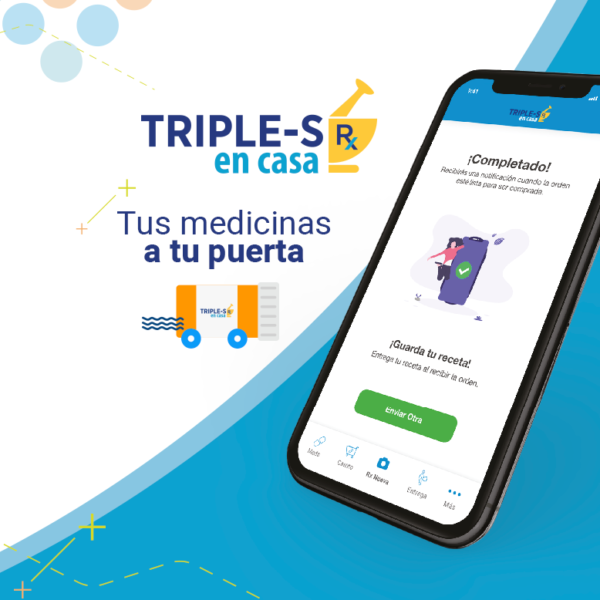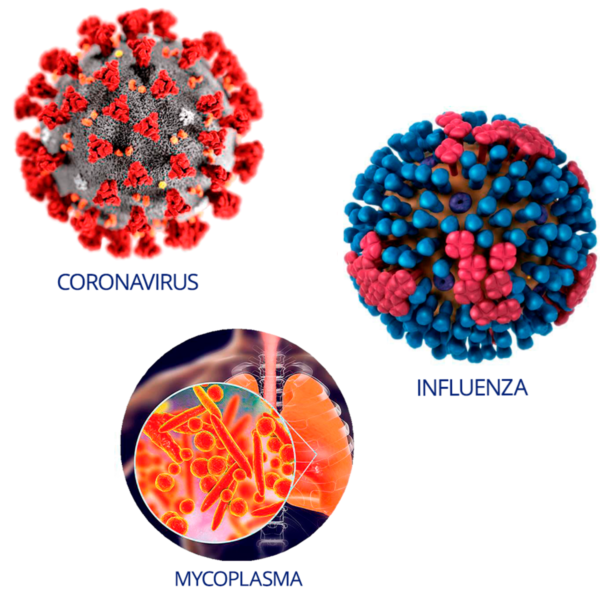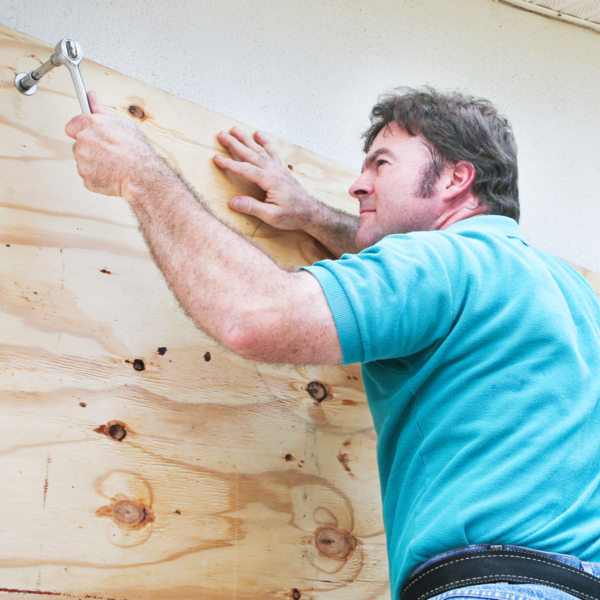Connecting with other people has a positive impact on our physical and mental health.
Social connection is fundamental to health, wellbeing, community safety, and the resilience and prosperity of the people and, therefore, of their environment. Evidence shows that people who have strong social connections are happier, healthier, and live longer lives. One in two people in the United States have reported experiencing loneliness.
A person’s degree of social connectedness depends on a number of factors:
- They connect with others through their relationships and roles, such as with family members, neighbors, friends, or colleagues.
- They feel a connection based on the support they receive from these very people they relate to—support which should be both willingly offered and received.
- This sense of connection with others can be based on positive values, but these can also be negative.
As community members, it is important to be aware and able to recognize those who may be feeling lonely or socially isolated. There have been unfortunate cases in Puerto Rico of isolated people with a high degree of social impairment. Making social connections is a matter of urgency, especially in Puerto Rico, where the demographic shift reflects an accelerated growth of the elderly population. However, studies show that both isolation and loneliness are experienced at every age.
How can we recognize those who may be lacking social connection? First of all, it is not always obvious, which is why a community-wide strategy should be developed to keep an eye on all its members. Suicide rates increase with age, older adults being the group that has lost the most lives. Things to watch out for: isolation, estrangement from family or friends, drastic mood swings, or recent changes in their living situation, health condition, or marital status.
We urgently need to bring these rates down. This is why the United States Surgeon General has published an advisory declaring loneliness and isolation to be an epidemic and laying out a framework based on six foundational pillars and a series of recommendations for social connection in order to address it. His objective with this advisory is to help individuals, organizations, community leaders, and governments to strengthen their communities.
- Clubs and activities: The Surgeon General’s first pillar deals with strengthening the social infrastructure of local communities by designing built environments to promote social connection. These are places such as community centers, gardens, or sports facilities. It also recommends establishing and scaling community connection programs and investing in local institutions that bring people together. These programs may be social or cultural activities, or even groups that bathe dogs, protect animals, grow vegetable gardens, recycle, pick up trash, take care of children, read to kids, among others.
- It is important to recognize that every sector of society is important, and leadership must be established at every level. This not only refers to neighborhoods but also to social sectors, where the appointed leader should monitor the engagement of the most isolated inhabitants.
- Health care providers: The Surgeon General recommends the engagement of health care providers for both professional assessment and support. Conferences on how to identify social isolation and loneliness may be organized. Additionally, services can be coordinated to assist community members individually or as a group.
- Support pro-connection technologies. This is as simple as a regular phone call, a chat with your neighbor, or watching a movie with others.
- This pillar addresses the importance of ongoing research to increase public awareness.
- Cultivate a culture of connection by fostering values of kindness, respect, service, and commitment to one another.
Remember that providing support is as important as receiving it. You can count on your social contacts to support you, but keep in mind that they are also counting on you. Knowing how to relate in a healthy way with others and with yourself is vital for community efforts to be successful. And remember, social connection is fundamental to the health, wellbeing, prosperity, and safety of the community.










